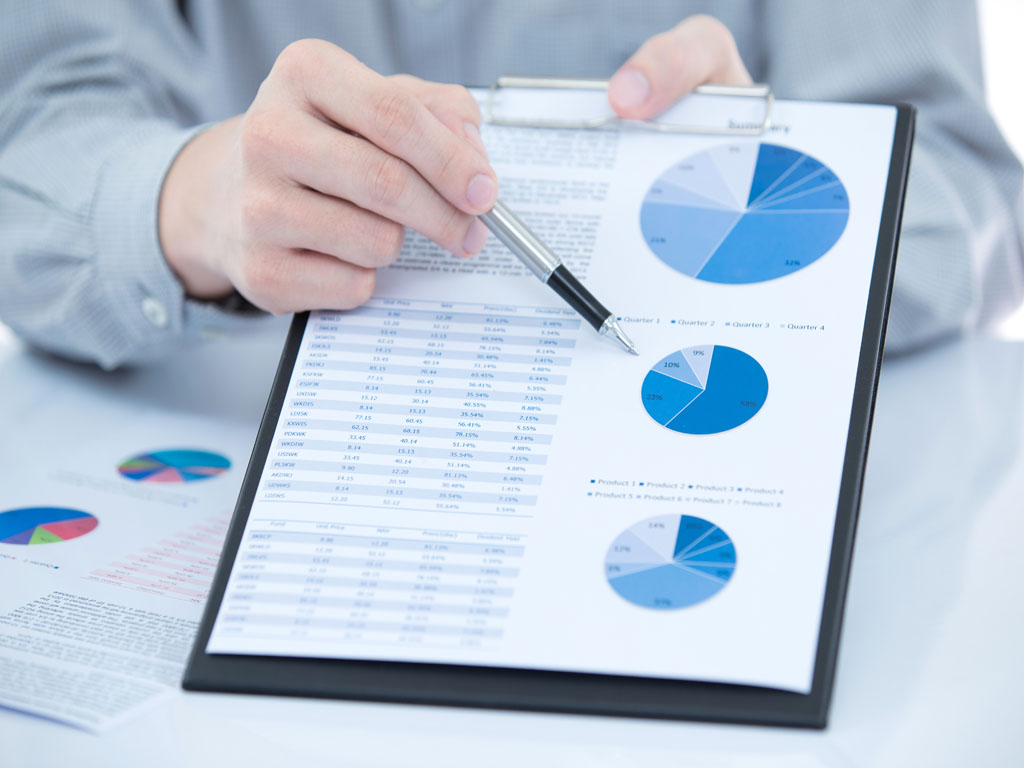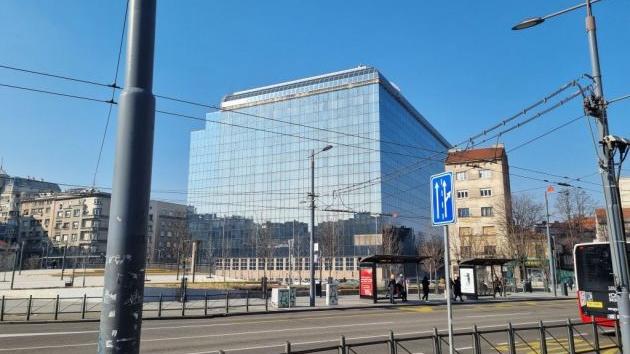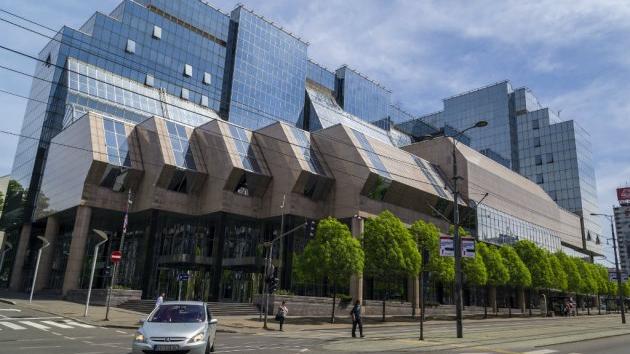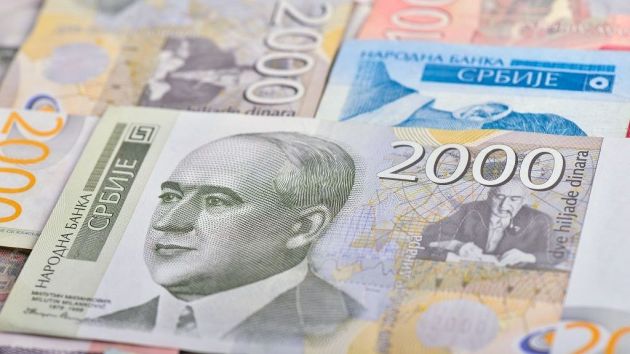Fitch Ratings Agency Affirms Serbia’s Credit Rating at BB+
Source: eKapija
 Tuesday, 23.08.2022.
Tuesday, 23.08.2022.
 13:29
13:29
 Tuesday, 23.08.2022.
Tuesday, 23.08.2022.
 13:29
13:29
(Photo: PORTRAIT IMAGES ASIA BY NONWARIT/shutterstock.com)

The report says that Serbia's rating is supported by its credible macroeconomic policy framework, prudent fiscal policy, and a GDP growth.
A strong growth of economic activities and tax revenues has led to a lowering of the general government deficit, which amounted to 4.1% of the GDP in 2021. In the upcoming period, the deficit is expected to lower, to 3.0% by the end of the year and 2.5% in 2023. Also, the new fiscal rules agreed with the IMF later this year will help anchor a narrowing of the general government deficit to 1.6% of GDP in 2024.
The projected deficit lowering will make the public debt start going down. The agency projects that the share of the general government debt in the GDP will fall 3.4 percentage points in 2022 to 53.7% and to 48.6% at the end of 2024, which is significantly below the average for countries with a similar credit rating. The agency also praises the fact that the average maturity of central government debt has lengthened to 8.3 years at end-June from 6.8 years at end-2021. The agency expects the debt to be issued primarily in domestic currency in 2022, which will lead to a growth of the share of the debt denominated in dinars and a reduction in foreign exchange risks.
Fitch estimates that, despite the limited direct trade and financial connections with Russia and Ukraine, due to the lower external demand related to the lower growth of the foreign exchange partners and the weaker domestic demand as result of the uncertainty and the growing inflation which burdens private consumption, but also due to the higher global prices of primary products, the growth of the GDP of Serbia in 2022 will amount to around 3.0%.
The high cost pressures, of which the majority came from the growth of energy and food prices, have influenced the inflation, which has continued going up. In order to mitigate the inflation trends and prevent major negative effects on the living standard of the citizens and the business activities of companies, the Government of Serbia capped the prices of basic foodstuffs and fuel, whereas the National Bank of Serbia increased the key policy rate.
The stable outlook for the coming period proves that the Republic of Serbia continues implementing a responsible economic policy, directed at further reforms, in order to preserve full macroeconomic, financial and fiscal stability, improve the business environment and increase investments.
Companies:
 Ministarstvo finansija Republike Srbije
Ministarstvo finansija Republike Srbije
Tags:
Fitch Ratings
credit rating
credit rating of Serbia
BB Plus level
macroeconomic policy
gross domestic product
deficit
fiscal rules
public debt
Comments
Your comment
Naš izbor
Most Important News
Full information is available only to commercial users-subscribers and it is necessary to log in.
Follow the news, tenders, grants, legal regulations and reports on our portal.
Registracija na eKapiji vam omogućava pristup potpunim informacijama i dnevnom biltenu
Naš dnevni ekonomski bilten će stizati na vašu mejl adresu krajem svakog radnog dana. Bilteni su personalizovani prema interesovanjima svakog korisnika zasebno,
uz konsultacije sa našim ekspertima.


 Izdanje Srbija
Izdanje Srbija Serbische Ausgabe
Serbische Ausgabe Izdanje BiH
Izdanje BiH Izdanje Crna Gora
Izdanje Crna Gora


 News
News










